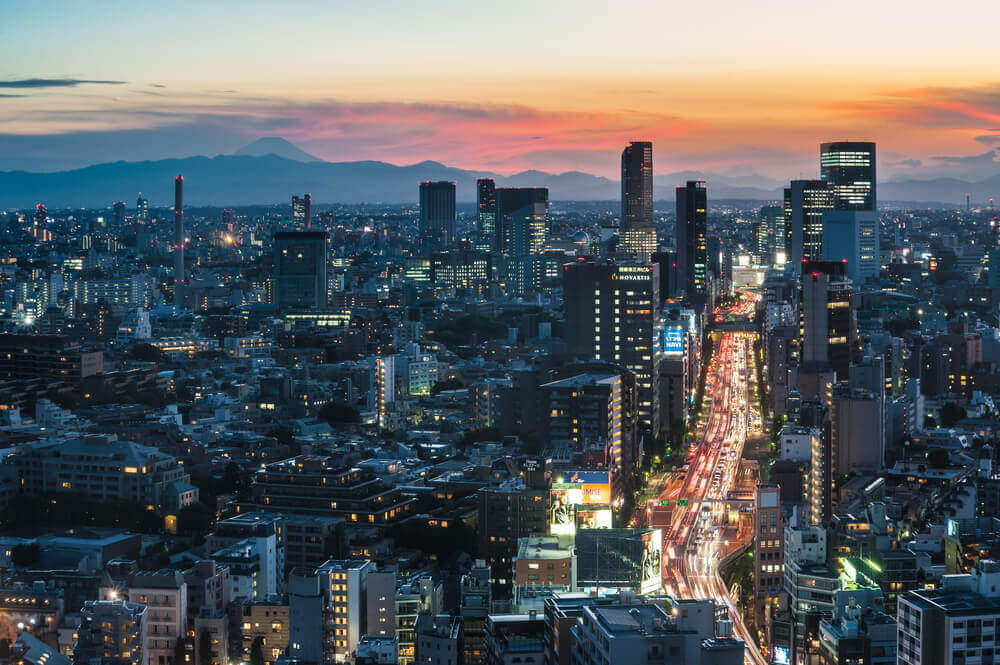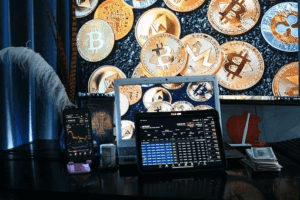According to most polled economists, risks to Japan’s low inflation outlook have turned more upward. In Japan, the rising commodity prices, a weak currency, and supply shortages brought on by the global pandemic lift input costs.
Economists said, however, that any pick-up in Japan’s inflation will be modest. This is because of weak wage growth, a resurgence in COVID-19 infections, and slow vaccine rollouts weigh on consumption.
In an April 6-14 monthly poll of economists, 21 out of 35 said risks to their Japan inflation outlook were skewed more to the upside over the coming year. The rest of the polled economists said risks were pointing to the downside.
Some advanced nations have seen inflation slightly rise on pent-up demand. Moreover, it was spurred by the re-opening of economies and a global increase in commodity prices.
Disinflation or Outright Deflation
Japan has been stuck in struggles with disinflation or outright deflation for much of the past two decades. This has baffled central bankers and government policymakers repeatedly over the years.
Hiromichi Shirakawa, vice chairman and chief economist for Japan at Credit Suisse said there are upside risks to Japan’s inflation. That’s because of rising commodity and oil prices, as well as the effect of a slightly weaker-than-expected yen, she said. However, any rises in inflation could be temporary and moderate, she added.
Some economists said that in the near term, supply constraints could also put upward pressure on prices. These include a shortage of semiconductors.
Core consumer prices exclude volatile fresh food costs but include energy prices. These prices will peak at 0.7% later this year, the poll showed. However, that is still far from the Bank of Japan’s 2% inflation target.
Similar to last month’s projections, the poll showed that for the current fiscal year that started in April, core consumer prices would rise 0.4%. And then, a 0.5% increase the following year.
In January-March, Japan’s economy contracted an annualised 5.4%, less than a 6.0% fall projected last month. The poll showed it rebounded 4.7% this quarter.
Strong Exports Have Supported Manufacturers’ Sentiment
Analysts said that these had offset the effects to growth from state-of-emergency curbs imposed during most of Q1.
They, however, warned a global shortage of semiconductors could emerge as a new risk to the country’s economy.
According to over 80% of economists polled, the global chip shortage could push down Japan’s annualised gross domestic product (GDP). That will be by up to 2 percentage points in April-June. A handful of them said the chip shortage could push down growth by more than 2 points.
The poll showed that before slowing to a growth of 1.9% next year, the economy experienced a growth of 3.9% this fiscal year.
Moreover, most economists polled expected the central bank’s next action would be an unwinding of its ultra-easy monetary policy.
Meanwhile, in other economic news, BOJ Governor Haruhiko Kuroda said he hopes to deepen debate with global policymakers on Fridays. Moreover, that is on what role monetary policy can play in addressing climate change.










